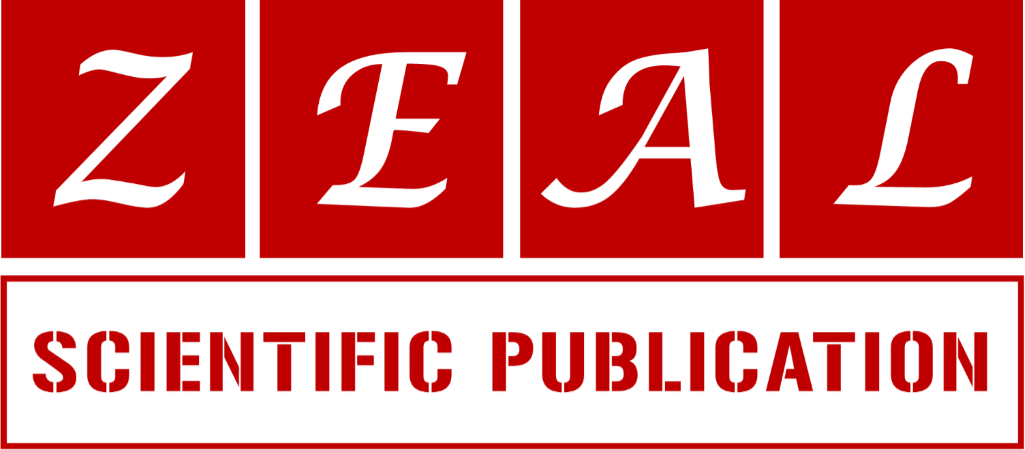The role of single immunoglobulin interleukin-1–related receptor in formation of necrotising enterocolitis in infants with intrauterine infection
1 Scientific Research Institute of Pediatrics named after Farajova, Department of Newborn Pathologies, Baku, Azerbaijan.
2 Department of 1st Pediatrics, Azerbaijan Medical University, Baku, Azerbaijan.
3 Department of 2nd Pediatrics, Azerbaijan Medical University, Baku, Azerbaijan.
Research Article
World Journal of Advanced Pharmaceutical and Life Sciences, 2023, 05(01), 008–011.
Article DOI: 10.53346/wjapls.2023.5.1.0074
Publication history:
Received on 22 June 2023; revised on 30 July 2023; accepted on 02 August 2023
Abstract:
Necrotizing Enterocolitis is one of the actual problems that primarily affects premature infants, particularly those born before 32 weeks of gestation. The aim of this study is to investigate the role of genetic factors in the development of both necrotizing enterocolitis and intrauterine infection, exploring the possible links between these two conditions. A total of 52 with NEC and 10 healthy, were included in this study. All the examined children with NEC were divided into 2 groups: 19 newborns with intrauterine infection (1st subgroup), 33 infants without intrauterine infection (2nd subgroup). It was determined SIGIRR gene mutations with DNA isolation and standardized PCR reactions. It was found that C58 gene locus changes is a potential predictive marker for differentiating between infants with intrauterine infection and NEC and those without these conditions. Genetic screening may help identify infants at higher risk of developing NEC, allowing for targeted interventions and personalized care.
Keywords:
Necrotizing Enterocolitis; Intrauterine infection; Preterm Birth; SIGIRR mutations
Full text article in PDF:
Copyright information:
Copyright © 2023 Author(s) retain the copyright of this article. This article is published under the terms of the Creative Commons Attribution Liscense 4.0
